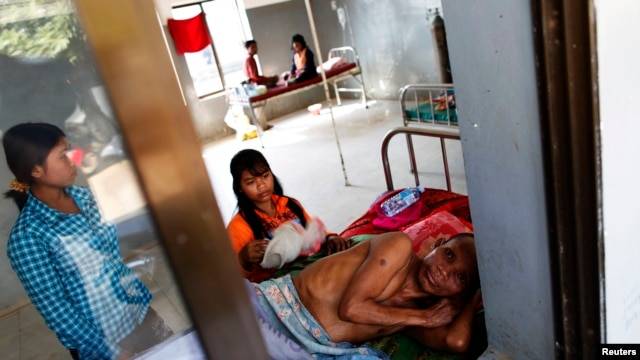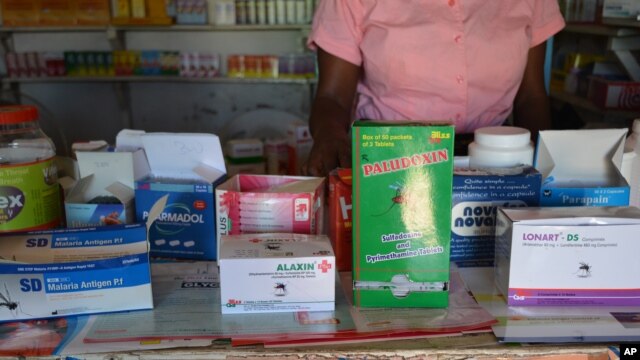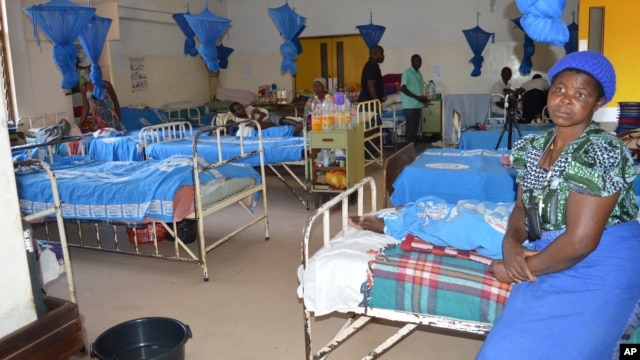Sounds like the work of Dastardly Dan...

Millions of Dollars Donated for Malaria Drugs Stolen
Apr 20, 2011 - A leading global health fund believes millions of dollars worth of its donated malaria drugs have been stolen in recent years - perhaps hundreds of millions of dollars worth - vastly exceeding levels of theft previously suspected, according to confidential documents obtained by The Associated Press.
Millions of Dollars Donated for Malaria Drugs Stolen
Apr 20, 2011 - A leading global health fund believes millions of dollars worth of its donated malaria drugs have been stolen in recent years - perhaps hundreds of millions of dollars worth - vastly exceeding levels of theft previously suspected, according to confidential documents obtained by The Associated Press.
The internal investigation by the Global Fund to Fight AIDS, Tuberculosis and Malaria comes two months into a new anti-corruption program that the fund launched after an AP report detailing fraud in their grants attracted intense scrutiny from donors. In internal documents detailing drug thefts, officials identified 13 countries, mostly in Africa, where millions of dollars worth of malaria drugs have gone missing. According to the reports, drug theft "appears to be on the rise and (is) becoming increasingly sophisticated."
The reports were provided to AP by an official with a different health organization, who did so on condition of anonymity because he was granted confidential access to the documents by a Global Fund staffer. Global Fund spokesman Jon Liden confirmed the broad outlines of the information but would not comment on specific numbers. "We take this very seriously and we will do what it takes to protect our investment," he said.
An AP report in January exposing high rates of misappropriated money in some Global Fund grants bruised the reputation of the multibillion-dollar fund, backed by big names including Bono and Bill Gates and hailed as an alternative to the bureaucracy of the United Nations. But the fact that these revelations have come to light at all may be due to stricter self-policing policies and greater transparency at the Global Fund compared with other aid organizations.
After discovering the scope of the malaria drug thefts, the new documents indicate, the fund took prompt action, suspending grants for medicines to be stored at government warehouses in Swaziland and Malawi. The report confirmed that $2.5 million worth of malaria drugs were stolen from Togo, Tanzania, Sierra Leone, Swaziland and Cambodia, dating mainly from 2009 to 2011, but with some cases going further back.
MORE





